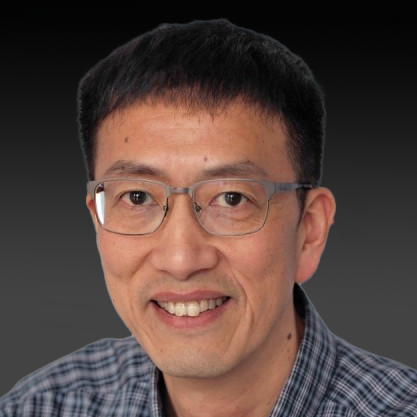Speaker & Supervisor

Prof. LU Zheng-tian
Title: Identifying Old Ice and Water with Single-Atom Counting
Abstract:The long-lived noble-gas isotope 81Kr is the ideal tracer for old water and ice with ages of 0.1 – 1 million years, a range beyond the reach of 14C. 81Kr-dating, a concept pursued over the past five decades, is now available to the earth science community at large. This is made possible by the development of the Atom Trap Trace Analysis (ATTA) method, in which individual atoms of the desired isotope are captured and detected. ATTA possesses superior selectivity, and is thus far used to analyze the environmental radioactive isotopes 81Kr, 85Kr, and 39Ar. These three isotopes have extremely low isotopic abundances in the range of 10-17 to 10-11, and cover a wide range of ages and applications. In collaboration with earth scientists, we are dating groundwater and mapping its flow in major aquifers around the world. We are also dating old ice from the deep ice cores of Antarctica, Greenland, and the Tibetan Plateau. For an update on this worldwide effort, please google “ATTA Primer”.
Curriculum Vitae:
LU Zheng-tian is University Distinguished Professor, Yan Jici Professor of Physics and the Dean of the School of the Gifted Young, the University of Science and Technology of China (USTC). He received a B.Sc. from USTC in 1987 and a Ph.D. from UC Berkeley in 1994. Prior to rejoining USTC in 2015 under the Chinese National Recruitment Program for Global Experts, he was a Senior Scientist at Argonne National Laboratory and a Professor (part-time) at The University of Chicago. Throughout his career, Lu has been developing techniques of laser manipulation and laser spectroscopy of atoms, and applying these techniques to ultrasensitive trace analysis, studying nuclear structure, and testing fundamental symmetries. He received a U.S. Presidential Early Career Award in 2000, was elected a Fellow of the American Physical Society in 2006, and received the Society’s Francis M. Pipkin Award in 2009. He served as a member of the U.S. Nuclear Science Advisory Committee in 2011-2013, and as Chair of the Topical Group of Precision Measurement and Fundamental Constants of the American Physical Society in 2015-2016. He serves on the advisory boards of the Max Planck Institute for Nuclear Physics, Germany, and the National Institute of Metrology, China.
